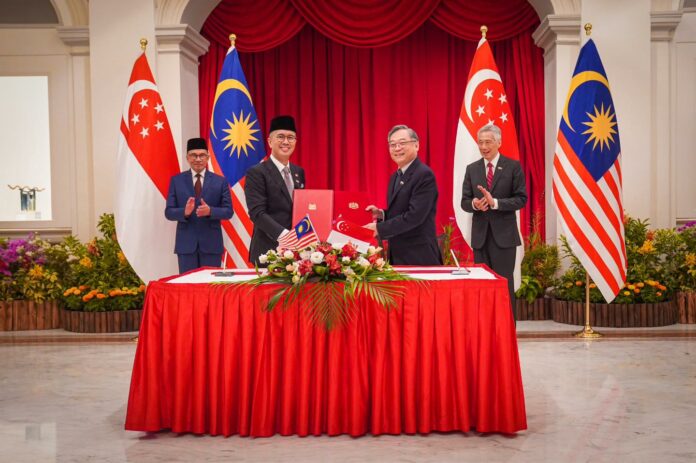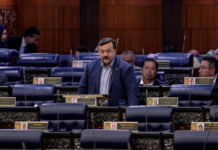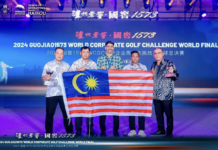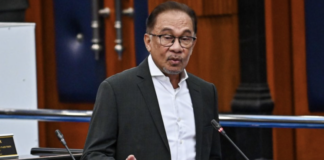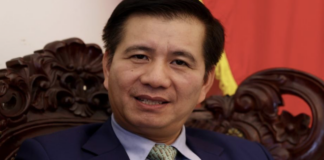KUALA LUMPUR, Jan 30 — The Malaysia-Singapore Framework on Cooperation in Digital Economy can be a role model for other Asean countries in preparing their talent, small and medium enterprises (SMEs) and start-ups for the digital decade.
“Through this collaboration, Malaysia hopes to learn and share best practices that will facilitate talent-building, infrastructure upgrading, and others, whether in the public or private sector,” International Trade and Industry Minister Tengku Datuk Seri Zafrul Abdul Aziz said today.
As for the framework on cooperation in the green economy, he said Malaysia welcomes the collaboration with Singapore on the technical know-how for the regulatory requirements for electric vehicles (EVs), autonomous vehicles and green economy initiatives such as carbon credit, quantifying well-to-wheels and others.
“These would include standardisation or industry guidelines, technical requirements, a code of conduct, laws and regulations, as well as capacity-building programmes,” he told the media in Singapore after the signing ceremony of the Malaysia and Singapore Framework on Cooperation in the Digital Economy and Green Economy.
The signing ceremony was witnessed by Prime Minister Datuk Seri Anwar Ibrahim and Singapore’s Prime Minister Lee Hsien Loong.
“This cooperation framework is a joint initiative between the Ministry of International Trade and Industry (Miti) and the Ministry of Trade and Industry of Singapore to increase bilateral cooperation in the field of the digital economy and green economy.
“God willing, this bilateral cooperation in the digital economy and green economy has the potential to drive industrial development in both countries and create more job and business opportunities for Malaysia and Singapore.
“I agree with many of the principles mentioned by Prime Minister Anwar Ibrahim in terms of meaningful economic growth. In fact, from the past, I have always shared with the media that economic growth needs to benefit the people as well, in terms of job opportunities and empowering the people to build a good life, not benefiting big companies only,” he said.
This principle also needs to be applied in any bilateral or multilateral agreement, including in terms of the Framework on Cooperation with Singapore in the Green Economy and also the Digital Economy, he added.
“Asean needs strong leadership for the future sustainability of its people. In my opinion, joint cooperation with Singapore in the digital economy and green economy is able to provide such leadership to contribute to the prosperity of Asean in the future,” noted Tengku Zafrul.
Asked about the investment outlook for Malaysia, Tengku Zafrul acknowledged that there was strong competition and there were areas for improvement, especially in industries it wants to focus on.
According to Miti data released recently, Singapore accounted for the largest value of exports among Asean nations at RM232.57 billion in 2022, followed by Thailand, Indonesia, Vietnam and the Philippines.
Singapore, Thailand and Indonesia were the top three export destinations in 2022, accounting for 78.3 per cent of Malaysia’s total exports to Asean.
Exports to almost all Asean countries registered a new record high.




